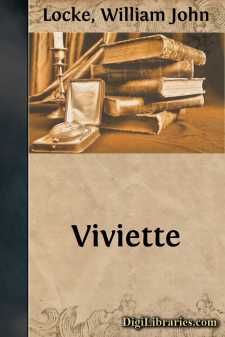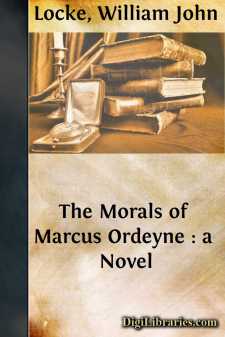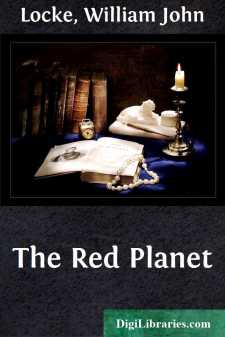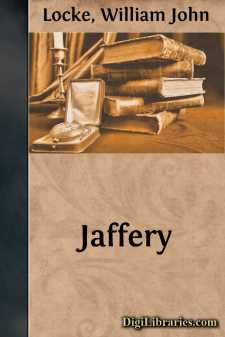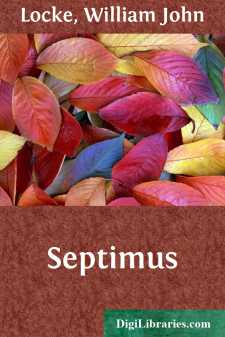Categories
- Antiques & Collectibles 13
- Architecture 36
- Art 48
- Bibles 22
- Biography & Autobiography 813
- Body, Mind & Spirit 142
- Business & Economics 28
- Children's Books 17
- Children's Fiction 14
- Computers 4
- Cooking 94
- Crafts & Hobbies 4
- Drama 346
- Education 46
- Family & Relationships 57
- Fiction 11829
- Games 19
- Gardening 17
- Health & Fitness 34
- History 1377
- House & Home 1
- Humor 147
- Juvenile Fiction 1873
- Juvenile Nonfiction 202
- Language Arts & Disciplines 88
- Law 16
- Literary Collections 686
- Literary Criticism 179
- Mathematics 13
- Medical 41
- Music 40
- Nature 179
- Non-Classifiable 1768
- Performing Arts 7
- Periodicals 1453
- Philosophy 64
- Photography 2
- Poetry 896
- Political Science 203
- Psychology 42
- Reference 154
- Religion 513
- Science 126
- Self-Help 84
- Social Science 81
- Sports & Recreation 34
- Study Aids 3
- Technology & Engineering 59
- Transportation 23
- Travel 463
- True Crime 29
The Fortunate Youth
Description:
Excerpt
CHAPTER I
PAUL KEGWORTHY lived with his mother, Mrs. Button, his stepfather, Mr. Button, and six little Buttons, his half brothers and sisters. His was not an ideal home; it consisted in a bedroom, a kitchen and a scullery in a grimy little house in a grimy street made up of rows of exactly similar grimy little houses, and forming one of a hundred similar streets in a northern manufacturing town. Mr. and Mrs. Button worked in a factory and took in as lodgers grimy single men who also worked in factories. They were not a model couple; they were rather, in fact, the scandal of Budge Street, which did not itself enjoy, in Bludston, a reputation for holiness. Neither was good to look upon. Mr. Button, who was Lancashire bred and born, divided the yearnings of his spirit between strong drink and dog-fights. Mrs. Button, a viperous Londoner, yearned for noise. When Mr. Button came home drunk he punched his wife about the head and kicked her about the body, while they both exhausted the vocabulary of vituperation of North and South, to the horror and edification of the neighbourhood. When Mr. Button was sober Mrs. Button chastised little Paul. She would have done so when Mr. Button was drunk, but she had not the time. The periods, therefore, of his mother's martyrdom were those of Paul's enfranchisement. If he saw his stepfather come down the street with steady gait, he fled in terror; if he saw him reeling homeward he lingered about with light and joyous heart.
The brood of young Buttons was fed spasmodically and clad at random, but their meals were regular and their raiment well assorted compared with Paul's. Naturally they came in for clouts and thumps like all the children in Budge Street; it was only Paul who underwent organized chastisement. The little Buttons often did wrong; but in the mother's eyes Paul could never do right. In an animal way she was fond of the children of Button, and in a way equally animal she bore a venomous dislike to the child of Kegworthy. Who and what Kegworthy had been neither Paul nor any inhabitant of Bludston knew. Once the boy inquired, and she broke a worn frying-pan over his head. Kegworthy, whoever he might have been, was wrapt in mystery. She had appeared in the town when Paul was a year old, giving herself out as a widow. That she was by no means destitute was obvious from the fact that she at once rented the house in Budge Street, took in lodgers, and lived at her ease. Button, who was one of the lodgers, cast upon her the eyes of desire and married her. Why she married Button she could never determine. Perhaps she had a romantic idea—and there is romance even in Budge Street-that Button would support her. He very soon shattered any such illusion by appropriating the remainder of her fortune and kicking her into the factory with hobnailed boots. It would be wrong to say that Mrs. Button did not complain; she did. She rent the air of Budge Street with horrible execration; but she went to the factory, where, save for the intervals of retirement rendered necessary by the births of the little Buttons, she was contented enough to stay....



